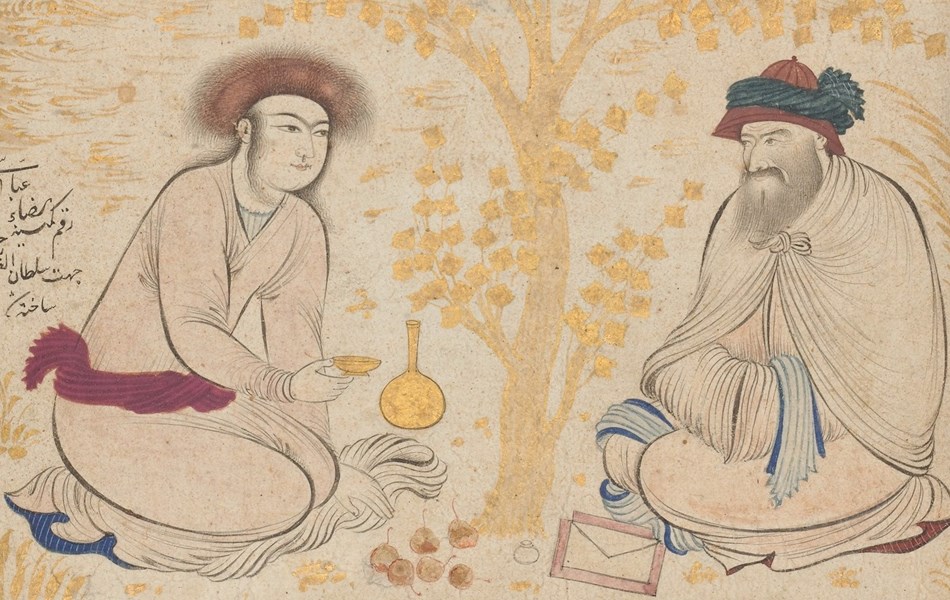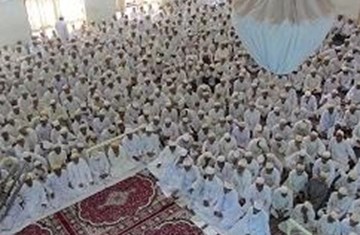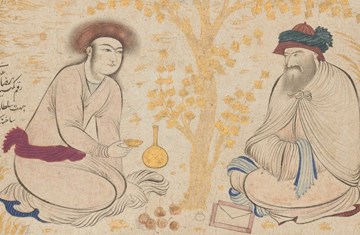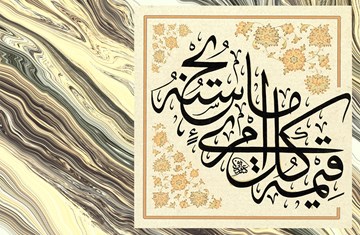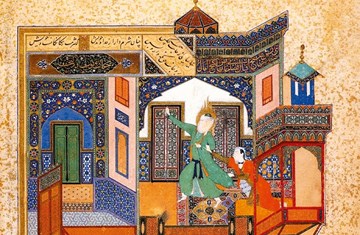Part of the Islamic History and Thought Lecture Series
Although Ibn ʿArabī (d. 638/1240) is known as “the greatest master” (al-shaykh al-akbar), little is known about his practical teachings and his approach to the master-disciple relationship.
Apart from scattered accounts of his own companionship with various masters, Ibn ʿArabī dedicates very few books or chapters to the rules of spiritual education. Therefore, the Shaykh al-akbar’s views on the matter remain largely to be determined.
An understudied work could contribute to fill this gap: the K. al-Ajwiba al-ʿarabiyya fī sharḥ al-naṣāʾiḥ al-yusūfiyya. It contains a detailed expression of Ibn ʿArabī’s conception of spiritual education, illustrated by numerous details and anecdotes that bring into light the practical and pedagogical implications of his doctrines.
This lecture will propose a brief overview of the treatise, its originality, and the principles of spiritual education that are defined in it. A particular focus will be given to the notion of “imaginary master”, central to both the pedagogical doctrine of Ibn ʿArabī and the nature of the K. al-Ajwiba al-ʿarabiyya. We will see how the imaginary master is presented as the necessary interface between the disciple and the master, and how it shapes the whole process of spiritual rearing.
Image: Youth and Dervish, Iran, 17th c. The Met Museum.
Date: 27 October 2022
Time: 2.00 pm – 4.00 pm GMT
Location: Online (Zoom)
Q&A: At any time during the lecture, attendees can submit questions to the speaker through the Q&A option at the bottom of the control panel. As time allows, the speaker will address as many questions as they can during the Q&A session at the end of the presentation.
Recording: Please note that the session will be recorded and published on the IIS website, and on the IIS YouTube channel.
Discussants: Dr Fârès Gillon (The Institute of Ismaili Studies); Dr Reza Shah-Kazemi (The Institute of Ismaili Studies)
Gregory Vandamme
Gregory Vandamme is a PhD candidate (FNRS/UCLouvain) working on classical Sufism, with a particular interest in the works of Ibn ʿArabī and his commentators. His research pays attention to the transmission and transformation of doctrines from Early Sufism to Akbarian thought. He has published several academic articles on Sufism and Ibn ʿArabī.

